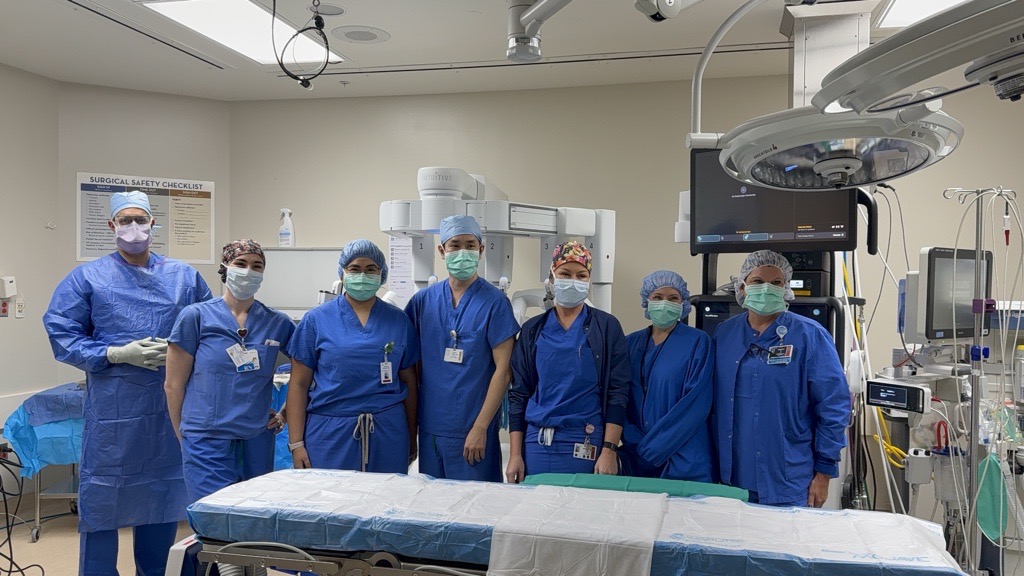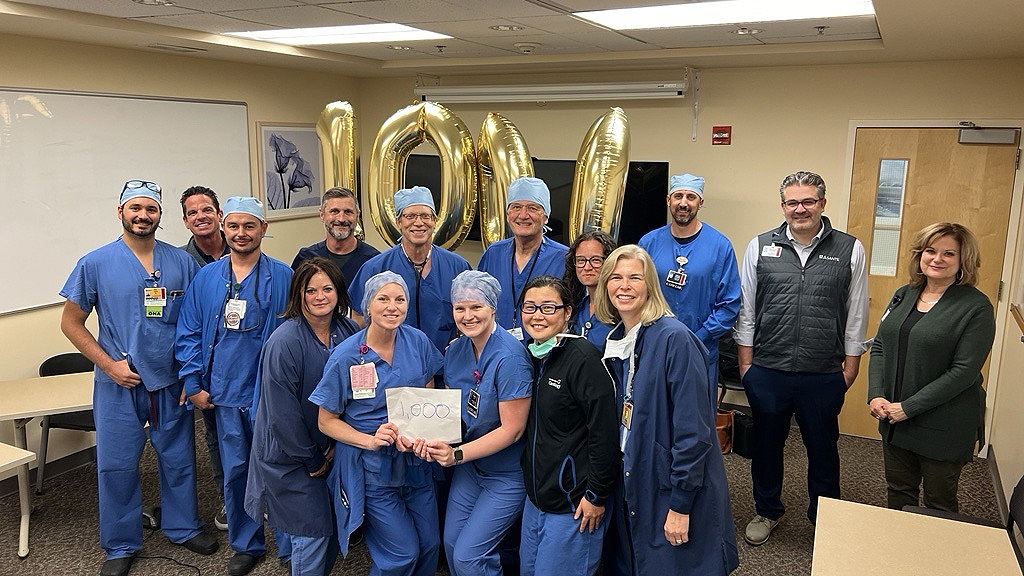What is cholesterol, and should I worry about it?
Cholesterol has become a household buzzword, lumped into the same lexicon as terms like “carbs” and “low-fat.” Cereal boxes claim a bowl a day can lower it. Television ads tell us their drug can shrink it. Why should you care? Great question!
Cholesterol is the third most powerful predictor of vascular disease after diabetes and smoking. Left uncontrolled, high cholesterol can lead to serious complications such as heart attack or stroke. In order to prevent damage to your body, it’s important to know what cholesterol is and how to keep yours under control.
In a nutshell, cholesterol is a fatty substance that flows through the blood and is stored in the body’s cells. It’s produced naturally in the liver and is also found in some foods. The body needs a small amount of cholesterol in order to maintain normal cell membrane function. It helps produce hormones, vitamin D and digestive acids. However, too much cholesterol from the wrong sources can lead to a long list of medical problems.
The body has “good” and “bad” cholesterol. LDL (low-density lipoprotein) or “bad” cholesterol can build up in the artery walls, restricting the amount of blood traveling to the heart, brain or other vital organs. HDL (high-density lipoprotein) cholesterol is considered “good” because it helps get rid of bad cholesterol to “clean the arteries.”
The goal for a strong heart is to limit LDL cholesterol while maintaining an adequate amount of HDL. The trouble is, most kitchens are overloaded with LDL sources such as meat, dairy, fish and fowl — “creature food.” Foods grown in the garden or orchard do not contain cholesterol or saturated fat and should be our predominant source of nutrition. My mantra is: “A poor man’s garden diet brings… rich health. A rich American diet brings… poor health.”
You can keep cholesterol from taking over your body. Start today by making an appointment with your doctor to test your levels. Even if you’re on track, family history and the aging process can affect your cholesterol down the road. If your levels are less than stellar, work with your primary care provider to map out a nutrition and exercise plan tailored to your needs.
Brad Personius, MD FACC is Director of Cardiology at Asante Three Rivers Medical Center in Grants Pass and is a partner in Southern Oregon Cardiology in Grants Pass.









